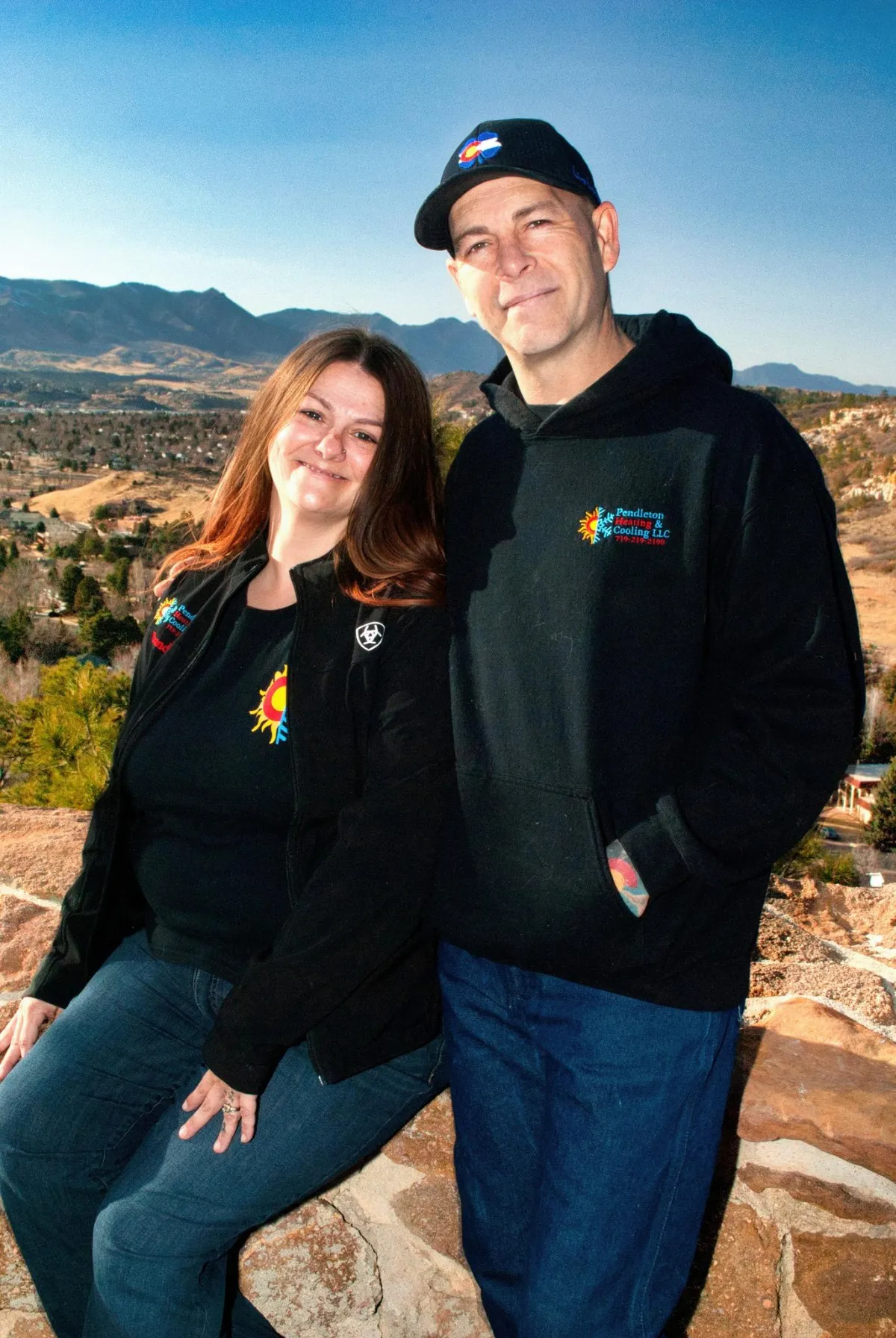Superior Care for your Heating
and Cooling Systems
Bringing Integrity Back to HVAC


Energy Wise Rates in Colorado Springs: How to Save on Utilities Without Sacrificing Comfort
Energy Wise Rates in Colorado Springs: How to Save on Utilities Without Sacrificing Comfort
On October 1st 2025, Colorado Springs Utilities began implementing their new Energy Wise Rates. The goal is to encourage all of us to be more mindful of energy use, especially during peak hours of 5:00 PM – 9:00 PM, when demand is highest.
What does this mean for you? Simply put: utilities will cost more during these hours, but will be less expensive during “off-peak” times. By shifting some of your habits, you can keep your home comfortable and your energy bills under control.
Here are some simple ways you can adjust:
Use Appliances Outside of Peak Hours
Run dishwashers, washers, and dryers earlier in the day or later in the evening.
If you have a programmable appliance, set it to start automatically at off-peak times.
Manage Your Thermostat Wisely
In summer: pre-cool your home earlier in the day so your A/C runs less from 5–9 PM.
Just don’t set it too low — you could end up with freezing issues!
In winter: set your thermostat a couple of degrees warmer during peak hours and let your system do more of the heavy lifting before 5 PM.
A smart thermostat can make this automatic with programming options.
As an added bonus, many smart thermostats are eligible for CSU rebates!
Use Fans and Natural Ventilation
Fans use far less energy than your furnace or A/C. Pairing ceiling or box fans with pre-cooling helps your home stay comfortable without heavy energy use.
Use your furnaces' ‘fan mode’ to circulate the conditioned air already in your home. Running just the fan costs less than operating the full system.
Don’t forget your ceiling fan! Switch the fan to rotate clockwise in the winter at a low speed. This gently pushes warm air that rises to the ceiling back down into the living space, keeping you more comfortable without cranking up the heat.
Small Shifts Add Up
Turn off unnecessary lights and electronics.
Unplug chargers and small appliances when not in use.
Switch to LED lighting if you haven’t already.
Plan for high-efficiency appliances when it is time to replace them.
CSU also has rebates for high-efficiency and heat pump HVAC systems as well as other energy-efficient systems in your home.
Keep Your HVAC System & Appliances Maintained
One of the most important — and often overlooked — steps is scheduling annual maintenance to keep your HVAC system and other appliances running efficiently.
A clogged air filter, dirty coils, or worn-down parts can make your system work harder, using more energy and raising your bill.
At Pendleton Heating & Cooling, we provide one of the most comprehensive Precision Tune-Ups in the area. It’s designed to keep your system clean, safe, and efficient, which means you’ll stay comfortable while using less energy. Mention this blog post and we’ll take $10 off your Precision Tune-Up this season.
The Energy Wise Rates program is about more than saving money — it’s about working together as a community to reduce demand during peak times. With a few small shifts in your habits, you can lower your bill, extend the life of your appliances, and help keep our local energy grid strong.
ABOUT US

Our values drive our mission.
We are committed to Excellence in Service.
Pendleton Heating & Cooling!
EXPERIENCED, INSURED, LICENSED & BONDED
Our certificate of insurance is on file with El Paso County Regional Building.
SUPERIOR HOME CARE
Our technicians are trained to take exceptional care of your property, from caring for your carpets with carpet protectors to taking extreme care with your new equipment and post work cleanup!
ACCREDITATIONS
We are HVAC Excellence Certified and also certified with the National Technical Honor Society!
LOCAL TRANE DEALER
We are your local TRANE® dealer! We have one of the highest levels of customer service and our staff is factory trained in the newest developments of TRANE equipment.
Our TestimonialS
Our Clients Feedback Means the World to Us
⭐⭐⭐⭐⭐
Rob Thompson
I've referred Pendleton to my clients, that's how much I trust them! Top notch service, always!
⭐⭐⭐⭐⭐
Tina Friedheim
They were so thorough and helpful! Brandy got me in that day to have them take a look at my furnace. It was a simple fix and taught me what I may look for next time. Outstanding customer service Thank you Pendleton Heating & Cooling for all you do!
⭐⭐⭐⭐⭐
Lara Matisek
I’m so grateful to Kip and Brandy. I had previously hired a master plumber to do my tankless water heater. He did work not up to code and gave me a million excuses about my permit. After learning his work is why it would not pass and I applied pressure to him, he ghosted me after taking $6k of my money. I was looking for a mechanical contractor who is legally permitted to work on this and that’s where Kip comes in. He not only took the job, but did an amazing job. I’m forever grateful to them!
⭐⭐⭐⭐⭐
Sophia Chapman
Prices were great! Honest! Professional!! Will definitely be sticking with them!
FAQs
How often should I have my HVAC system serviced?
You should have your HVAC system serviced twice a year, once in the spring and once in the fall. This will help to ensure that your system is running efficiently and effectively, and it will also help to identify and prevent any potential problems.
What are the benefits of having a programmable thermostat?
A programmable thermostat can help you to save money on your energy bills by allowing you to control the temperature of your home when you are not there. You can program your thermostat to turn down the heat in the winter and turn up the air conditioning in the summer when you are away or asleep.
What is the best way to choose the right size HVAC system for my home?
The best way to choose the right size HVAC system for your home is to have a load calculation performed by a qualified HVAC contractor. This calculation will take into account the size of your home, the number of windows and doors, the insulation value of your walls and attic, and the climate in your area.

